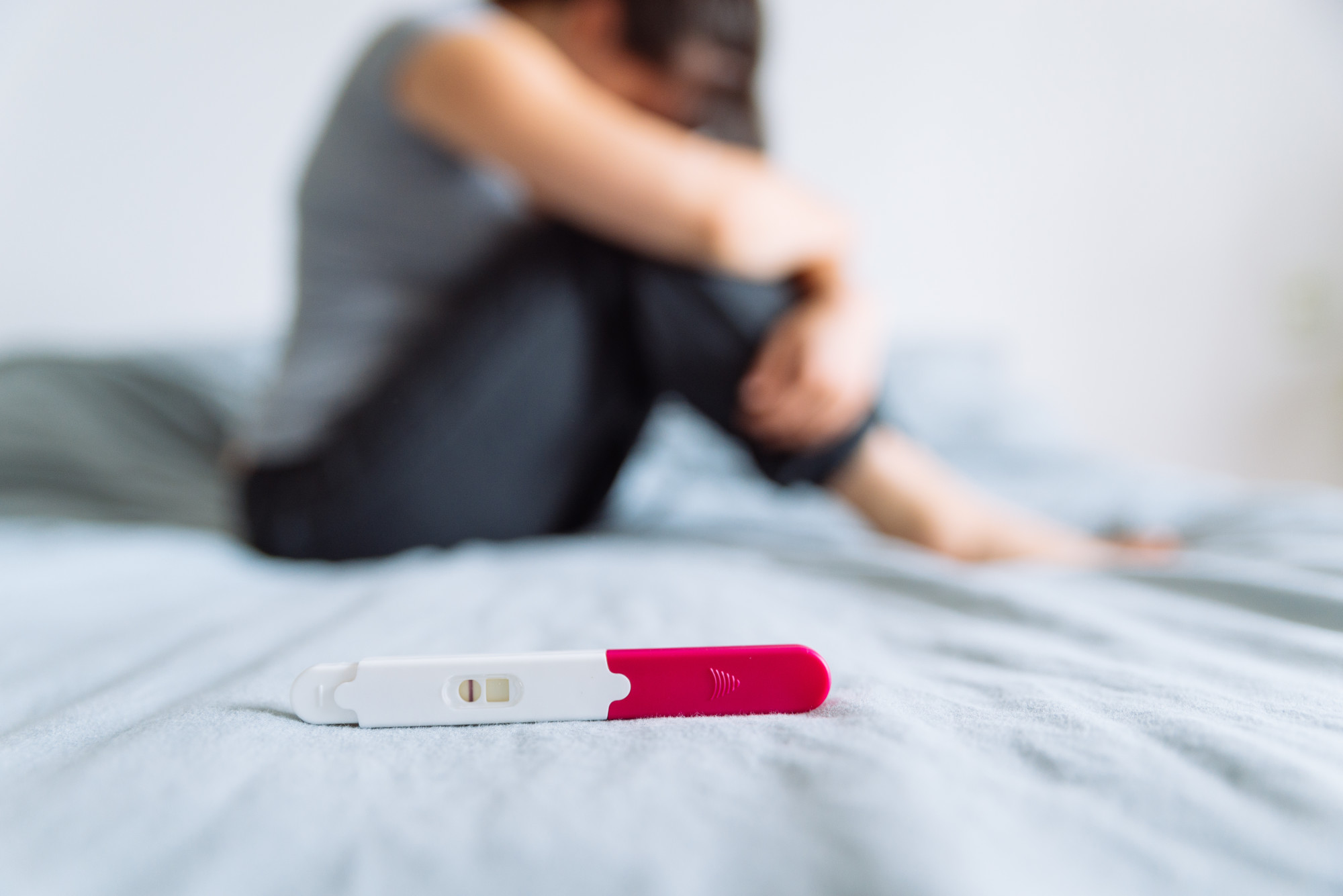Experiencing infertility is a devastating event in a couple’s life. Infertility affects both men and women differently, but it can be overcome with medical help.
Have you been trying to get pregnant without success? Do you think it might be due to infertility? Infertility awareness can help you decide if infertility is genuinely the cause of not becoming pregnant.
Infertility Awareness: What Is It?
Infertility is the inability to become pregnant with unprotected intercourse. However, you’re only deemed infertile if you’ve been trying for six months to a year or more. Both males and females can have signs and symptoms of infertility.
Signs of Infertility in Men And Women
Contrary to popular belief, women are not the only ones who struggle with infertility. Men are just as likely to experience infertility as well.
Here are some signs of infertility in women:
1. Having abnormal periods. An irregular period would be any period that falls out of the average length of time of menstruation. For example, a regular period occurs every 28 days, and while a 31-day cycle is considered normal, anything over 35 days could be a sign of infertility.
2. More period problems. This could range from heavy and painful periods, which point to endometriosis or even having a period stop altogether.
3. Painful sexual intercourse, or lack of enthusiasm for sex. Having a child together and starting a family should be an exciting experience, but for some, it only ignites pain. Pain during sex is not normal and could be caused by hormones or endometriosis.
4. Hormone issues play a significant role in your ability to get pregnant. When hormones are not functioning correctly, you may see other signs such as acne, weight gain, and even hair loss.
For Men, their symptoms differ slightly, though they can have a powerful effect on a woman’s ability to conceive.
1. Hormone problems might cause men to resist sexual intercourse or no longer have a sexual drive.
2. Testicles keep the sperm, and sometimes if the testicles are small, tight, or even swollen; this can affect the sperm and contribute to infertility.
3. Inability to stay erect. Erectile problems are linked with hormonal issues, as well.
4. In the same vein, the ejection of sperm can point to infertility as well.
How Do You Fix Infertility?
There are a variety of reasons couples can experience infertility. Thankfully, there are ways to fight back against it.
The best course of action is to see an infertility specialist. They know the ins and outs of infertility and have likely worked with many couples. Sharing your concerns and problems with them can put you on the best path toward getting pregnant and becoming parents.
You can also donate your eggs if you might want to try in-vitro fertilization in the future. If you’re unfamiliar with egg donation, read here.
Infertility: You’re Not Alone
Even with infertility awareness, you can feel isolated and confused as to why you’re not conceiving. With doctor’s visits and more information, you can feel comforted knowing that you’re doing everything you can to have the child you want.
Are you looking for more information on all things pregnancy? Our website contains everything you need to know!
